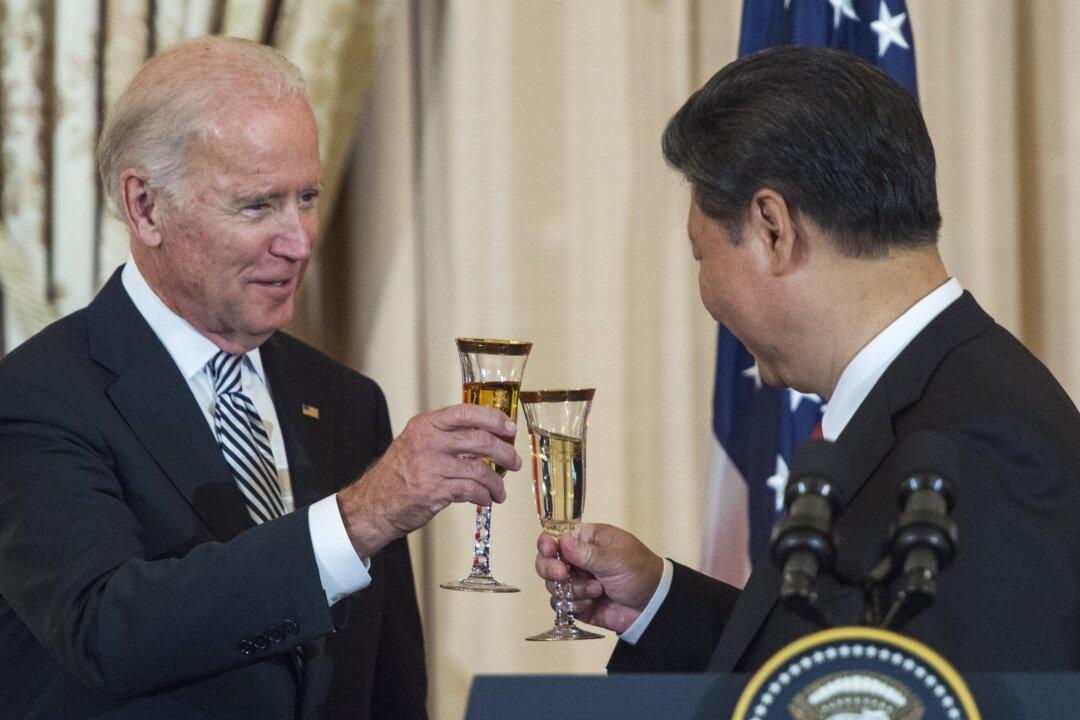WASHINGTON—China has fallen short on meeting its pledges in the “phase one” trade agreement signed last year, and the Biden administration will soon commence a review of the deal to determine a proper policy response.
Treasury Secretary nominee Janet Yellen said there would be no immediate moves to lift punitive tariffs on Chinese imports that were imposed by the Trump administration.





